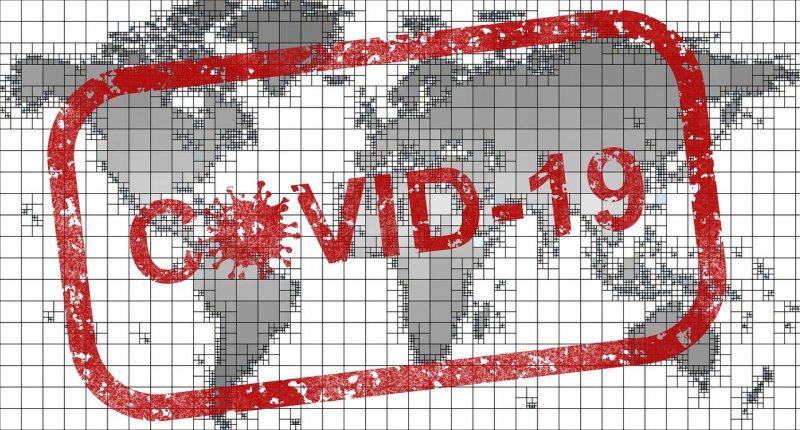Afifa Abedi told the website of the Strategic Council on Foreign Relations in an interview that the international system has faced various crises and issues in recent decades, but none of them had been able to affect such a vast region from the easternmost point to the westernmost point of the world as the coronavirus did. Accordingly, this crisis will definitely have short-term, medium-term and long-term implications, as well as national, regional and international dimensions in economic, social, political and even cultural aspects.
She added: “Meanwhile, the impact of coronavirus on relations between the great powers, especially in short term, will have an impact on the possible scenarios of international trends.” One of the most important factors that strengthen this effect is the coincidence of corona’s epidemic with the US presidential election campaign.
“Although it’s just too early to talk about Donald Trump’s chances of winning the upcoming election but his approach will affect the international issues,” she said, noting that the increase in corona casualties in the United States has reduced Trump’s chances of winning in the upcoming election.
US Support for Int’l Institutions Drops, China Assumes Greater Role
“The current approach of the Trump administration is to reduce support for international institutions such as the World Health Organization and even shrink its obligations towards allies and preventing medical services from reaching some of them,” Abedi said referring to the US president’s criticism of the World Health Organization and threatening to suspend its arrears to the organization. This approach, despite the limitations of other powers, increases their chances, especially of China, in playing a greater international role.
“In fact, by reducing the US focus on foreign affairs or the White House’s controversial approach, even with its own allies, in the short term we will see more gaps in the Atlantic alliance, more European independence, more conservative US allies in the Middle East and more focus on the domestic economy,” she said. As a result, any actor who invests more in international affairs will gain more role and influence, and this opportunity will be provided for other powers such as China and Russia, which have more international claims.
Increased Rivalry in Software Aspects of Power and Security
“Under these circumstances, competition in the software aspects of power and security, such as safety and biological health, has also increased, and we are likely to see more and more espionage and power struggles in these areas,” she said. In the long run, this short-term trend can lead to changes in the structure and norms of the international system in political, economic and security terms.
She also pointed to the threats and opportunities facing Iran in such a situation and stressed: “Certainly because of the role of the United States in imposing sanctions against Iran in the last 40 years and increasing pressure on Tehran, reducing the global role of the United States and the proliferation of power at the international level is an opportunity for Iran to come out from international pressure.”
Abedi said: “But this will be possible provided that diplomatic relations increase or in other words a pluralistic approach in the field of foreign relations with emerging powers from East to West is provided.”










0 Comments